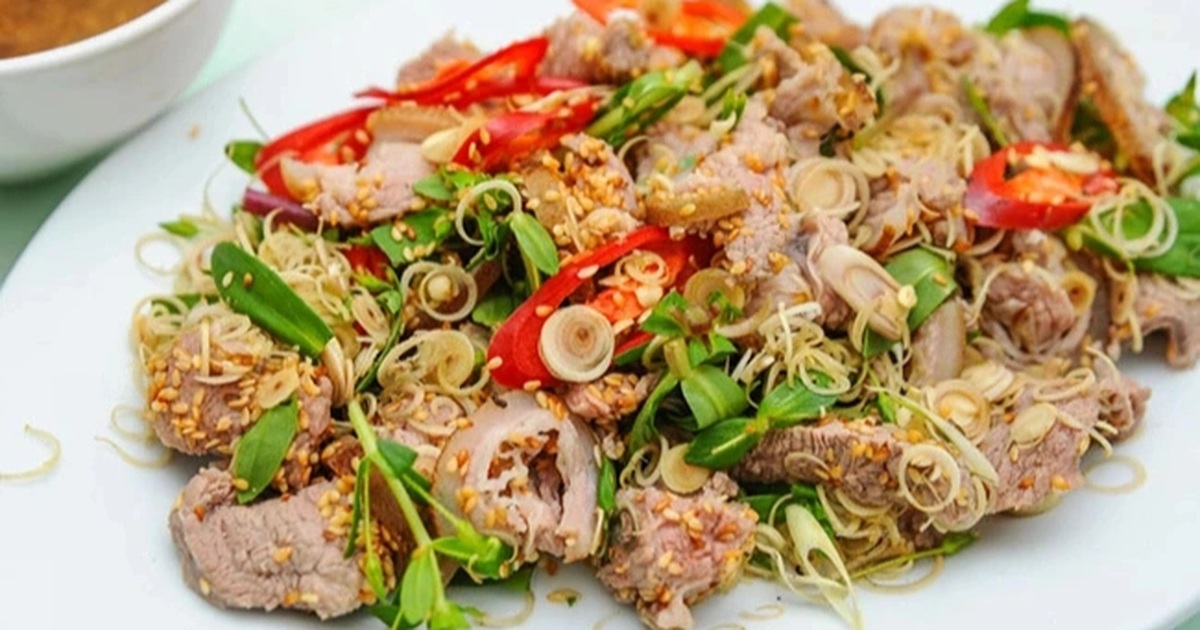Inflammation is a common condition causing pain and significantly impacting quality of life. Many people turn to natural herbal remedies for joint pain relief to mitigate symptoms and improve their condition. This article delves into these herbal remedies.
Understanding Joint Inflammation
Joint inflammation is not exclusive to older adults; it can affect people of all ages. It’s characterized by swelling and pain in one or more joints, particularly the knees, hips, shoulders, wrists, or ankles. Untreated, joint inflammation can lead to serious complications like osteoarthritis, rheumatoid arthritis, gout, and even loss of mobility.
 Herbal remedies for joint pain relief
Herbal remedies for joint pain relief
Natural herbal remedies can help reduce inflammation and support joint function.
Given the detrimental effects, early detection and appropriate treatment are crucial. Alongside conventional medicine, herbal remedies for joint pain are increasingly popular due to their safety and long-term efficacy.
Why Choose Herbal Joint Pain Remedies?
Advantages of Herbal Remedies
- Natural Source: Herbal ingredients are often derived from readily available and familiar plants, some even easily grown in home gardens.
- Health Safety: Herbal remedies are generally considered less likely to cause side effects compared to some pharmaceuticals, as they don’t contain harmful chemicals.
- Long-Term Benefits: Herbal remedies can provide more than just immediate pain relief; they can help restore balance within the body and promote overall well-being.
- Affordability: Herbal remedies often come at a lower cost than other treatment options, making them more accessible.
Herbal remedies are a cost-effective and safe alternative for joint pain.
Important Considerations When Using Herbal Remedies
While offering numerous benefits, herbal joint pain remedies may take time to show results. Consistent use, according to traditional medicine practitioners’ instructions, is vital for optimal outcomes.
Top 10 Effective Herbal Remedies for Joint Pain
Here’s a list of 10 commonly used herbal remedies for joint pain:
1. Piper Lolot (Wild Ginger)
Piper lolot is known for its warming properties and anti-inflammatory effects. Drinking fresh Piper lolot infusions twice a day after meals can help alleviate joint pain.
2. Artemisia annua (Mugwort)
Mugwort is well-regarded for its pain-relieving and anti-inflammatory properties. You can toast mugwort with salt or sauté it in rice wine and apply it to inflamed areas.
3. Mimosa Pudica (Sensitive Plant)
Mimosa pudica is a cooling, sweet herb that reduces pain and inflammation. Drinking consistent Mimosa Pudica infusions twice daily can provide noticeable relief.
4. Ginger
Ginger’s warm and spicy nature supports anti-inflammatory properties and improves blood circulation. Soaking feet in ginger and salt water or applying ginger-infused alcohol directly to the affected joints can provide relief.
5. Tamarind Leaves
Tamarind leaves possess antioxidant and fiber properties, helping to relieve pain and combat inflammation. Applying a paste made from crushed tamarind leaves and salt to affected areas can provide soothing effects.
6. Milk Thistle
Milk thistle is a valuable herb often used to treat joint inflammation and osteoarthritis. Infuse the roots with boiling water and consume consistently for two months.
7. Angelica Sinensis (Dong Quai)
Angelica sinensis, commonly known as dong quai, helps treat rheumatic conditions and inflammatory joint pain. Combine it with other herbs like rehmannia glutinosa and scutellaria baicalensis for optimal results.
8. Green Papaya
Green papaya contains papain, an enzyme that inhibits inflammation-causing bacteria. Mix green papaya with black sesame seeds and sugar for a daily drink.
9. Scutellaria baicalensis (Huang Qin)
Scutellaria baicalensis is known for its cooling and pain-reducing properties, making it an effective remedy for joint inflammation. Prepare infusions or use powdered forms for consistent intake.
10. Rehmannia glutinosa (Shou Wu)
Rehmannia glutinosa effectively treats rheumatic conditions and arthritis-related joint pain. Combine it with other herbs to create infusions or use it in powdered form for consumption.
Conclusion
Herbal remedies for joint pain offer a safe and natural alternative. These remedies, derived from plants, can alleviate pain and enhance overall health. However, consistency and adherence to traditional medicine guidance are key to achieving optimal results. Explore these herbal options and consult with healthcare professionals for personalized recommendations.
Reference: Compiled information



